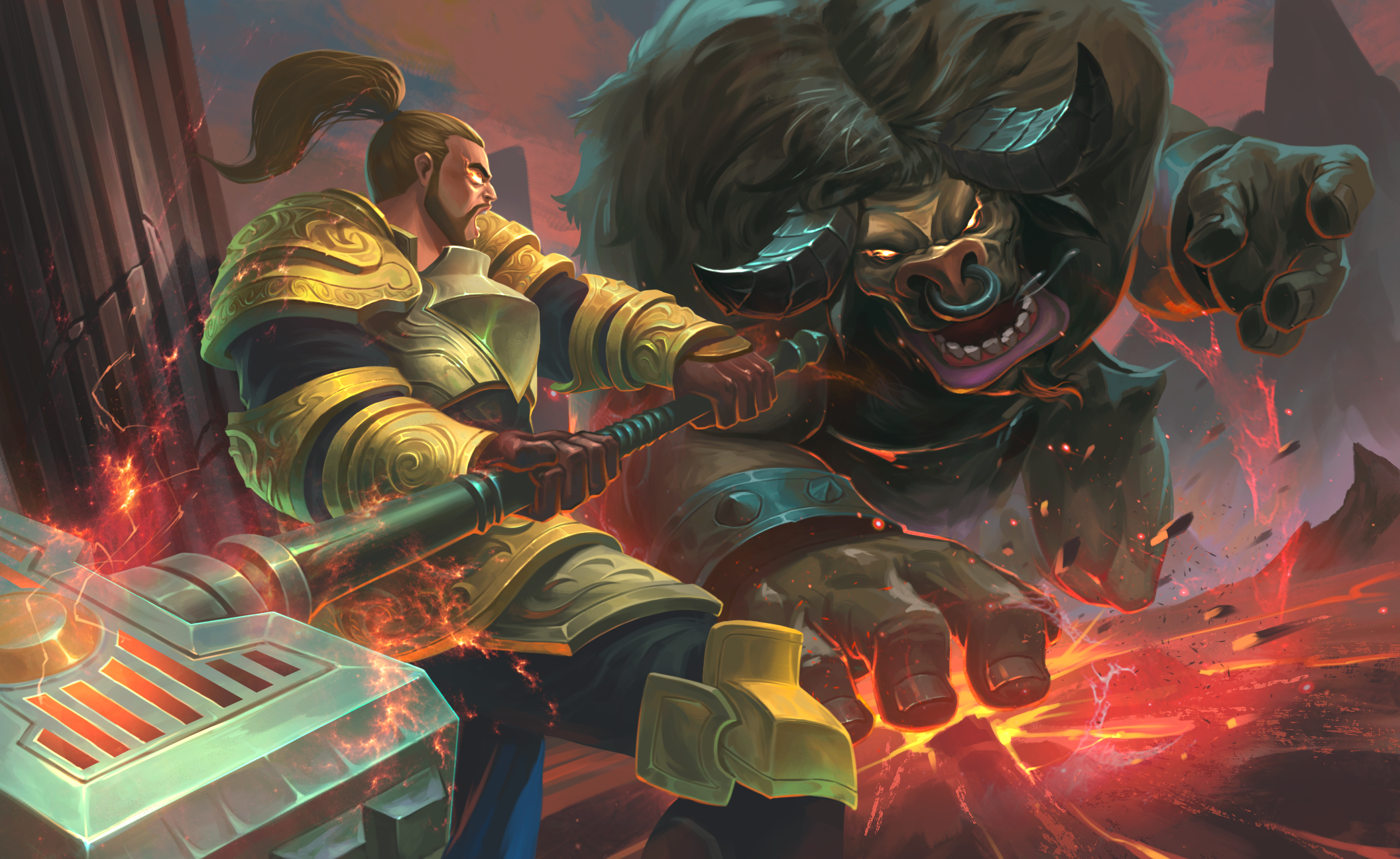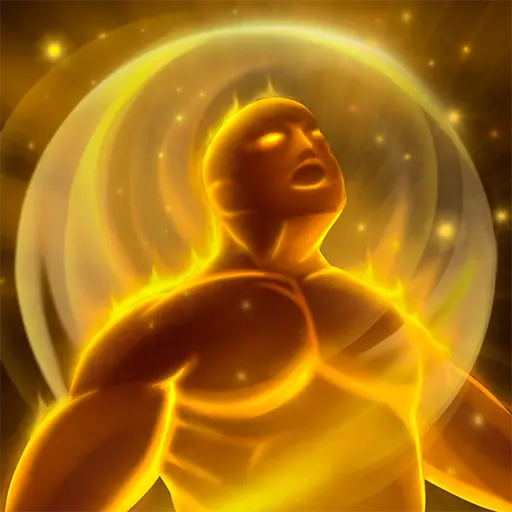


theseus
Yes, o great whisper? Through the wood? Certainly. I pray to meet some of the wicked beings infesting this place and redeem them!


Game lore
theseus
story
“These things sensibly affected Theseus, who, thinking it but just not to disregard, but
rather partake of, the sufferings of his fellow citizens, offered himself for one without any
lot. All else were struck with admiration for the nobleness and with love for the goodness
of the act.”
If one were to say which one among those brave, yet often twisted, souls I would have
called a “hero” once, I would choose Theseus.
The creed of the One Father, the one that was also mine while I lived – and perhaps still
– changed our concept of righteousness, it made us look at feelings and desires differently
than the Greeks.
To my living self, Theseus seemed righteous.
He killed, true, but he killed bandits, monsters, and enemies of the common people, and
he punished them for their sins treating them as they did with their victims.
It is indeed quite similar to what happens in Hell.
One might as well suppose that Theseus prayed to the Thirteen, but felt the will of the
Being Above and acted toward it.
It is just a hypothesis. Not even the dead know the secret turnings of the divine minds.
Yet perhaps this will is what summoned him out of the Nether.
Life
Theseus' mother was Aethra. This much was known even as he lived.
Yet, although Theseus' true father is Poseidon, Aegeus, one of the oldest kings of Athens,
believed him to be his.
It all starts with wine, as many good stories. I shan't rob you of the enjoyment of
discovering that particular passage. It is a tale about a wild night.
Regardless, Aegeus left Aethra in Troezen to go back to Athens, but he left something for
his child: he hid his sandals and his sword under a giant rock and told the mother that his
son should come and look for him, if he was strong enough to recover them.
Theseus did and decided to go to Athens to claim his birthright.
On his long journey there, he killed bandits and monsters by a sort of hellish punishment,
using the methods with which they had tormented their victims.
In Athens, many tried to kill him. By his existence alone, he compromised the claims to
the throne of too many others. Medea, Jason's former lover, tried to poison him. Other
ambushed him. He was blessed by the gods, or perhaps by the One God, and overcame
every challenge.
Not satisfied, instead of condemning that cruel city, he saved it. Athens had been forced
to send seven youths and seven girls to Crete each year, and no one had ever returned.
Theseus took the place of one of them, and when he found out what their fate was, he
slew the beast that had been devouring them: the Minotaur.
You surely know how he escaped from the labyrinth thanks to a ball of thread.
There is more, but nothing that could explain Theseus' reputation better. Something
could ever tarnish it, and I do not want it.
He became king of Athens, and died there many years later.
Regalia
He carries the ball of thread that once save him, and strangely enough, he seems to use it
at every crossroad, as if it could guide him.
The hammer he carries was not his. It belonged to the Minotaur. Apparently, it became a
symbol of Theseus' great feat, or it would have not followed him here.
ALL RIGHTS RESERVED
2026









